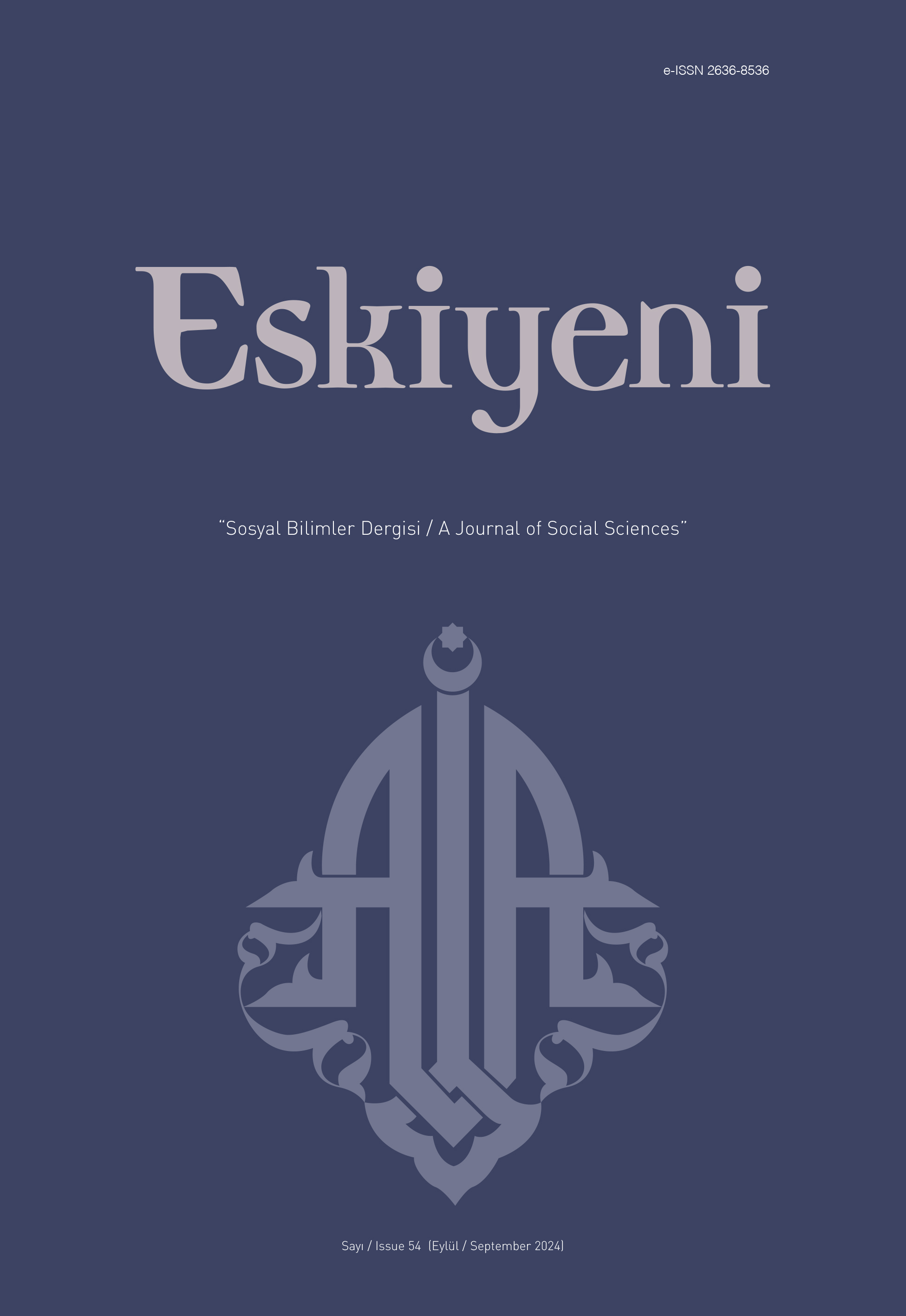An Egyptian Woman Commentator: Karīmān Hamza and Her Tafsīr Named al-Lu'lu' wa'l-Marjān fī Tafsīr al-Qur'ān
An Egyptian Woman Commentator: Karīmān Hamza and Her Tafsīr Named al-Lu'lu' wa'l-Marjān fī Tafsīr al-Qur'ān
Author(s): Hüsna Aksoy, Esra HACIMÜFTÜOĞLUSubject(s): History, Theology and Religion, Qur’anic studies
Published by: Anadolu İlahiyat Akademisi
Keywords: Tafsīr; Karīmān Hamza; Female Commentators; Riwāya Method; Dirāya Method;
Summary/Abstract: The aim of this study is to analyze al-Lu'lu' wa'l-Marjān fī Tafsīr al-Qur'ān by Karīmān Hamza, one of the Egyptian female commentators, and to determine the method of tafsīr she followed. In this context, the life of Karīmān Hamza has been researched and the method of tafsīr in terms of riwāya and dirāya of al-Lu'lu' wa'l-Marjān fī Tafsīr al-Qur'ān has been emphasized. Although Karīmān Hamza, whose main profession is news reporting and television presenter, initially rejected the request to exegete the Qur'ān for children on the grounds that he was not a graduate of al-Azhar, she decided to write a tafsīr as a result of various requests, her interest in the Qur'ān and the television programs she made on this subject. The tafsīr, which he titled al-Lu'lu' wa'l-Marjān fī Tafsīr al-Qur'ān, is a three-volume work that the author wrote in three years, focusing on tafsīr studies, and was approved by Al-Azhar University. Karīmān Hamza attributes the writing of her tafsīr to his religious programs and Islamic writings in her 35 years of broadcasting life and sees it as the fruit of her efforts to preach Islam. Karīmān Hamza states that the reader can read her tafsīr without getting bored and that she wrote it like a mother explaining so-mething to her child, and her work is a work that should be examined in terms of the science of tafsīr. The fact that there are very limited studies on al-Lu'lu' wa'l-Marjān fī Tafsīr al-Qur'ān is one of the factors that make this work stand out. Analyzing the work in terms of tafsīr methodology makes an important contribu-tion to the tafsīr literature. In addition, this article also makes open the discussion of whether this work, which Hamza compiled from many sources of tafsīr and combi-ned it with the knowledge of the Qur'an and the Sunnah, is a work of tafsīr or a compilation work; it also raises the question of how to name and interpret such works, examples of which are beginning to be seen today, based on the perception of the mufassir in the tafsīr tradition.
Journal: Eskiyeni
- Issue Year: 2024
- Issue No: 54
- Page Range: 1391-1410
- Page Count: 24
- Language: English

